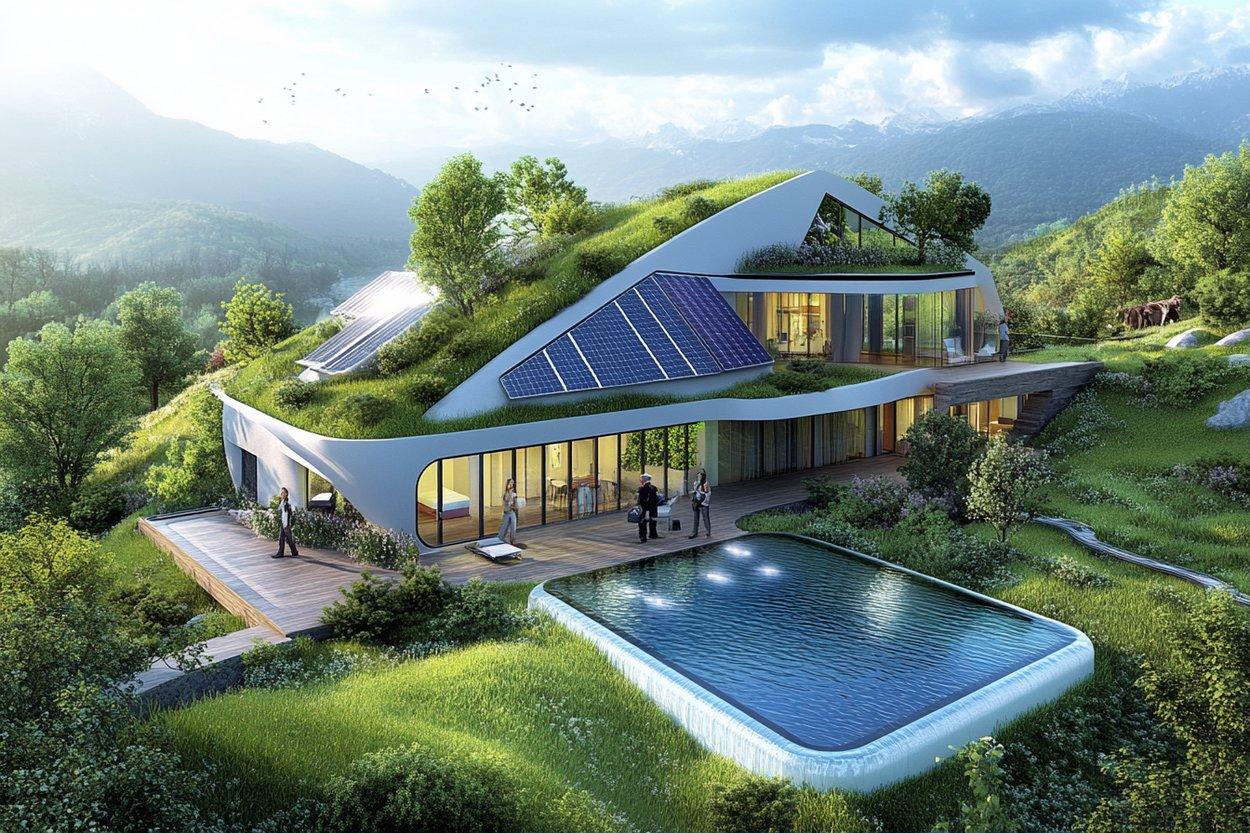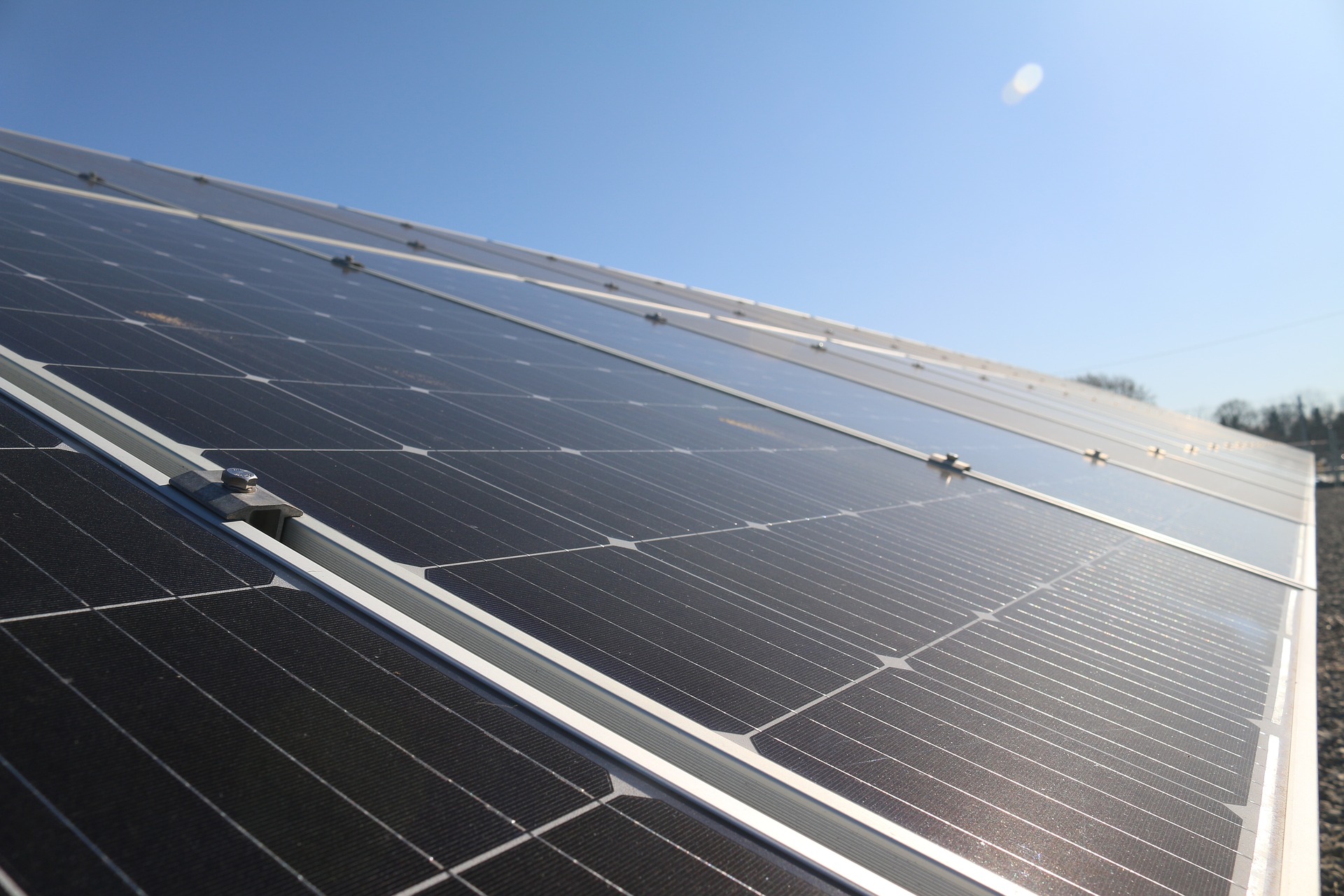Garden pools of the new generation – Trends 2025. Learn more
As outdoor living spaces continue to evolve, garden pools are undergoing a remarkable transformation. The coming years will see revolutionary designs, sustainable technologies, and space-optimizing solutions that redefine backyard swimming. From smart water management systems to seamlessly integrated landscape designs, the future of garden pools combines luxury with environmental responsibility.

Garden pools have come a long way from the basic rectangular designs of the past. As we approach 2025, the industry is experiencing a significant shift toward innovative, sustainable, and technologically advanced swimming solutions that complement modern outdoor spaces. These next-generation pools are redefining how homeowners think about their garden water features, combining aesthetic appeal with practical functionality and ecological responsibility.
Sustainable Garden Pools: Eco-Friendly Technology Trends
The environmental impact of traditional swimming pools has driven significant innovation in eco-friendly pool technology. Modern garden pools in 2025 will prominently feature water conservation systems that reduce consumption by up to 80% compared to conventional designs. Closed-loop filtration systems are becoming standard, allowing water to be cleaned and reused rather than replaced.
Solar-powered heating and pump systems are increasingly affordable and efficient, dramatically reducing the carbon footprint of pool maintenance. Natural filtration methods using specialized aquatic plants and beneficial bacteria are replacing chemical-heavy treatments, creating healthier swimming environments that work in harmony with nature rather than against it.
Biodegradable construction materials and energy-efficient LED lighting complete the sustainable pool package, allowing homeowners to enjoy their water features with minimal environmental guilt. These innovations represent not just passing trends but fundamental shifts in how pools are designed and operated.
Space-Optimizing Designs for Small Gardens
Limited outdoor space is no longer a barrier to pool ownership thanks to ingenious design solutions for compact gardens. Plunge pools—small, deep pools primarily designed for cooling off rather than swimming laps—are gaining popularity in urban settings where space comes at a premium.
Design pools for small gardens often feature vertical elements rather than horizontal sprawl, with striking water walls and cascades that maximize visual impact while minimizing footprint. Convertible pool systems with retractable floors or covers can transform into usable patio space when not in use, effectively doubling the functionality of compact outdoor areas.
Corner installations and irregular shapes allow pools to fit into awkward spaces that would traditionally be considered unsuitable. These space-conscious designs demonstrate how modern pool architecture prioritizes adaptation to existing landscapes rather than forcing environments to accommodate rigid pool structures.
Smart Technology Integration in Modern Garden Pools
By 2025, the average garden pool will function as an intelligent system rather than a passive water feature. Remote operation via smartphone apps is becoming standard, allowing homeowners to control temperature, lighting, cleaning systems, and water chemistry from anywhere in the world.
Automated maintenance systems with sensors continuously monitor water quality, automatically adjusting chemical levels and filtration rates to maintain optimal conditions with minimal human intervention. Voice-activated controls compatible with home assistant systems enable hands-free operation, while predictive maintenance algorithms alert owners to potential issues before they become problems.
Modern outdoor pools in the UK are increasingly incorporating weather-responsive features that automatically adjust heating and covering systems based on meteorological data. This smart technology not only enhances convenience but significantly reduces running costs and environmental impact through optimized resource usage.
Integrated Landscape Design Approaches
The stark visual separation between pool and garden is disappearing as integrated design approaches gain popularity. Living walls and vertical gardens surrounding pool areas create seamless transitions between water features and landscaping, while infinity edges visually connect pools with the broader environment.
Natural stone materials that match local geology help pools appear as though they emerged organically from the landscape rather than being imposed upon it. Surrounding plantings are carefully selected to complement pool aesthetics while providing practical benefits like privacy screening and natural shade.
Multi-level designs that incorporate various water features—shallow wading areas, deeper swimming sections, and decorative fountains—create visual interest while accommodating different users and activities. These thoughtfully integrated approaches ensure that pools enhance rather than dominate garden spaces.
Wellness-Focused Features and Hydrotherapy
Modern garden pools are increasingly designed as wellness centers rather than simply recreational features. Hydrotherapy jets, underwater massage stations, and variable-depth zones cater to therapeutic needs, while swim-against-current systems allow for effective exercise in even the smallest pools.
Temperature-controlled sections permit year-round use in the UK climate, with some designs incorporating heated and cooled areas within the same pool. Salt-water and mineral-based purification systems create gentler swimming environments for sensitive skin while reducing chemical dependency.
Chromotherapy lighting systems that change color to promote different moods and health benefits are becoming standard features rather than luxury add-ons. These wellness-focused elements reflect a broader shift toward viewing pools as investments in health and wellbeing rather than purely leisure amenities.
Cost Considerations and Market Options
The investment in next-generation garden pools varies significantly based on design complexity and technological features. Standard modern pools with basic smart features typically range from £25,000 to £45,000 for installation, while high-end designs with comprehensive eco-technology can reach £60,000 to £100,000.
| Provider | Specialization | Price Range (£) |
|---|---|---|
| Blue Lagoon Pools | Eco-friendly designs | 30,000 - 65,000 |
| Compass Pools UK | Carbon-ceramic technology | 35,000 - 80,000 |
| Origin Leisure | Smart pool systems | 28,000 - 55,000 |
| XL Pools | Space-optimizing designs | 25,000 - 50,000 |
| Falcon Pools | Natural filtration systems | 32,000 - 70,000 |
Prices, rates, or cost estimates mentioned in this article are based on the latest available information but may change over time. Independent research is advised before making financial decisions.
Operating costs have improved significantly with energy-efficient technologies, with modern eco-pools reducing annual running expenses by 30-50% compared to traditional designs. Many suppliers now offer financing options specifically designed for sustainable pool installations, recognizing the long-term value and energy savings these systems provide.
As garden pools continue to evolve, they represent not just luxury items but thoughtfully designed extensions of living space that balance aesthetic appeal with environmental responsibility. The trends emerging toward 2025 suggest a future where pools are smarter, more sustainable, and more seamlessly integrated into our outdoor environments than ever before, making them accessible to a wider range of homeowners with varying spaces and budgets.




